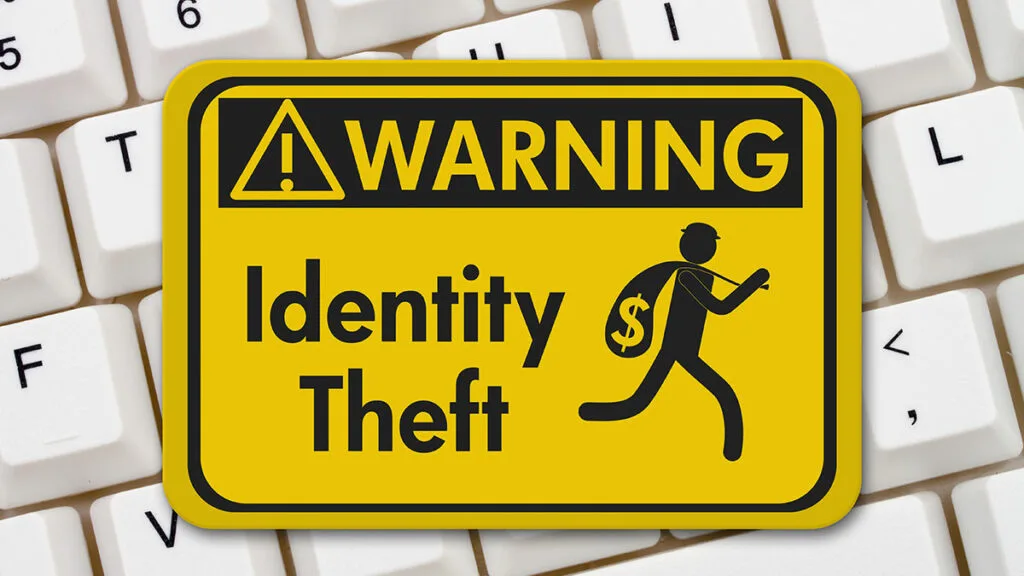Cybersecurity Essentials for Automotive Merchants

In the contemporary, interconnected realm where technology bolsters enterprises and individuals alike, there lurks a malevolent facet that presents considerable hazards—cyber threats. Automotive dealerships, akin to myriad other businesses, are increasingly susceptible to phishing and smishing stratagems, which can disrupt operations and compromise confidential information. The Internal Revenue Service (IRS) accentuates the necessity of remaining vigilant and enlightened to safeguard against these advancing threats.
Deciphering Phishing and Smishing
Phishing and smishing are cunning tactics employed by cybercriminals to deceive recipients into relinquishing personal or financial information or installing malicious software. These scams frequently masquerade as genuine communications from credible entities, such as the IRS or financial institutions.
Phishing generally entails fraudulent emails that purport to originate from reputable sources. These emails ensnare recipients with alarming messages or enticing offers, compelling them to click on pernicious links or divulge confidential information.
Smishing, conversely, targets victims via text messages (SMS). These messages may contain urgent alerts or fictitious claims regarding account status, accompanied by links that direct to malicious websites or prompt the download of harmful software.
The Threat Terrain for Automotive Dealerships
Recent episodes, including ransomware assaults aimed at automotive dealerships, underscore the relentless threat posed by cybercriminals. These attacks not only disrupt business operations but also imperil the security of sensitive customer data.
The IRS and its Security Summit collaborators stress the importance of proactive cybersecurity measures for businesses, particularly those in industries handling substantial financial transactions and customer information.
Paramount Practices for Cybersecurity Vigilance
- Educate and Train Personnel: Awareness constitutes the foremost line of defense. Train employees to identify phishing and smishing attempts, emphasizing the significance of skepticism towards unsolicited communications.
- Implement Robust Security Measures: Employ formidable cybersecurity solutions, such as firewalls, antivirus software, and intrusion detection systems, to thwart unauthorized access and malware.
- Enable Multi-Factor Authentication (MFA): Implement MFA for email and other critical systems to introduce an additional security layer against unauthorized access, even if login credentials are compromised.
- Verify Prior to Clicking: Foster a culture of cautious clicking. Prior to clicking on links or downloading attachments, authenticate the sender’s legitimacy through alternative communication channels.
- Monitor and Update Systems Regularly: Ensure software, operating systems, and applications are up-to-date with the latest security patches and updates to mitigate vulnerabilities.
Procedures to Follow if a Scam is Encountered
If you or your dealership encounters a suspicious email or text:
- Refrain from Responding or Engaging: Avoid clicking on links, opening attachments, or providing personal information.
- Report the Incident: Forward suspicious emails or texts to the pertinent authorities, such as phishing@irs.gov, to aid in preventing further scams and protecting others.
- Scrutinize Accounts: Regularly monitor financial accounts and credit reports for unauthorized activity, taking prompt action if dubious transactions are detected.
Conclusion
In summation, safeguarding against phishing and smishing scams necessitates perpetual vigilance, education, and proactive cybersecurity measures. By remaining informed, training employees, and implementing robust security protocols, automotive dealerships can diminish the risk of cyber threats and safeguard both their business operations and customer trust.
In the digital epoch, vigilance is paramount to staying ahead of cybercriminals. Collectively, we can cultivate a safer online environment for enterprises and individuals alike.
For further information and resources on cybersecurity best practices, visit the IRS’s Identity Protection page or consult with your IT security provider.
Stay secure, stay vigilant!



